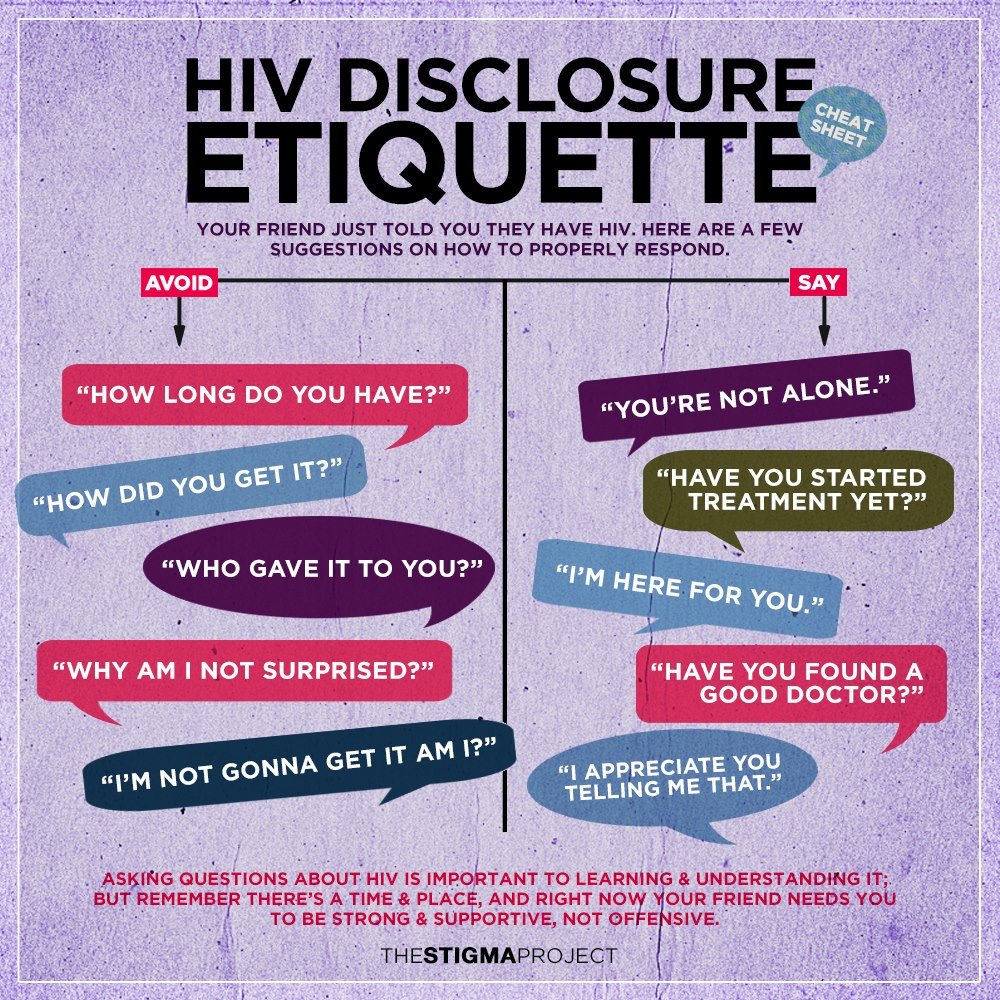The push to criminalize HIV started in the 1980s, after unconfirmed reports that a French-Canadian flight attendant, Gaetan Dugas, purposely and knowingly infected gay and bisexual men with what was then called the “gay cancer” or the “gay plague.” There have been other similar stories among the sex work community. There were unconfirmed reports of full service sex workers also purposely having unprotected sex with clients.
These stories and others pushed state governments to pass laws that essentially criminalized HIV in a way that no other disease has been criminalized. People will point to HIV’s incurable status and the fact that it costs tens of thousands of dollars to treat it as the reason why people with HIV need to be punished so severely. However, there are other viruses that are permanent and can cause fatal disease. Hepatitis C virus — though curable — can cause liver failure and liver cancer, which can cause people to die.
The Human Papillomavirus (HPV) has strains that do not go away and can cause oral, anal and sexual organ cancers, which people die from. Even the SARS-CoV-2 virus — the virus that causes COVID-19 — can cause permanent lung damage or lung failure; it killed more people in its first year than even HIV did.
Should people disclose their HIV status if asked? That requires much thought on the part of the HIV- positive person. Even now, more than 40 years after its discovery, people with HIV are mistreated, brutalized and discriminated against due to their seroconversion status. To disclose this is a highly personal thing.



Thanks for pointing that out! I worded my point poorly and I’ll go edit that. What I was trying to say is that HIV progresses to AIDS and causes severe damage frequently due to its hidden nature, and the “low consequences” depends when the infection is caught. If it is caught during the acute infection stage, or early in the infection then damage would be minimal. However, the vast majority of people are not getting regular STD or blood testing and for some people it never crosses their mind because they’ve only ever had a tiny amount of partners, or maybe only one as in the case with 50% of Gen-Z.
Further, why would you get tested if your partner looked healthy, all you got was a bad case of the “flu” that was “definitely” unrelated to the sex, and your partner never told you about their status? We cannot also discount the social stigma surrounding testing, which while improving in recent years, still carries the stigma in large parts of the world that, “Why would you get tested if you aren’t dirty or a prostitute”? Or the general unavailability of testing. Organizations like Planned Parenthood or college STD labs are invaluable, but not everyone has access to that.
For that reason, what are the odds of that person finding the disease in the Clinical Latency or chronic stage before it develops into AIDS or a more devastating secondary infection takes hold? Even without a secondary infection, AIDS has its own list of devastating symptoms.